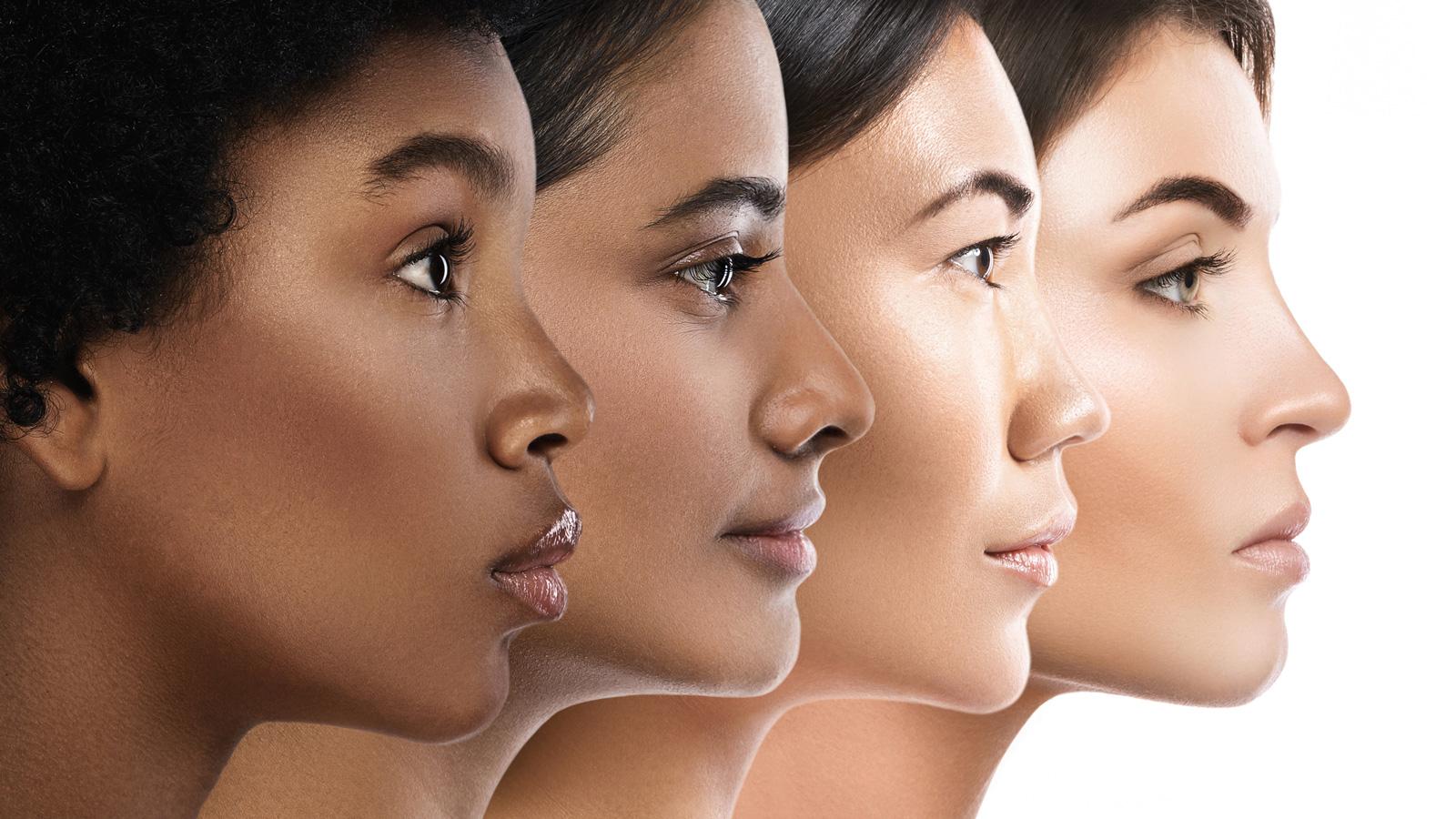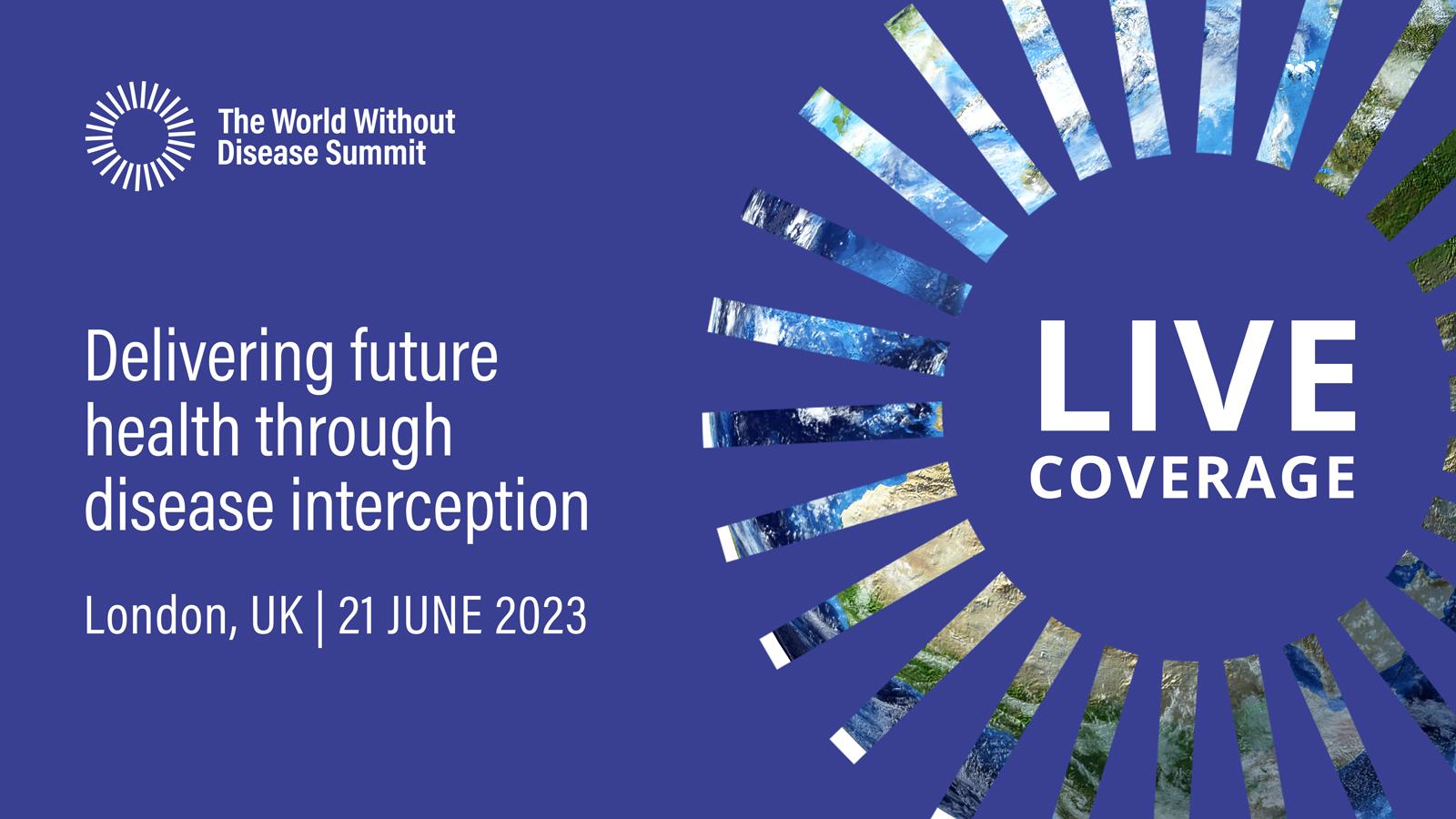From precision medicine to precision skin health: Verily and L’Oréal announce collaborative study

Verily, an Alphabet precision health tech company, and L’Oréal, a leading household name in beauty, have announced the launch of the ‘My Skin & Hair Journey’ – a multi-year study to enable researchers to better understand the biological, clinical, and environmental factors that affect skin and hair health over time.
Now, the ‘My Skin & Hair Journey’ study launch aims to combine precision health with skin care. Wanting to explore the nature of this further, pharmaphorum spoke with Verily’s president of product development and chief medical officer, Dr Amy Abernethy.
Precision health for personalised, efficacious skin care
“If you think about all the ways we want to improve and customise our healthcare,” Abernethy began, “whether that's precision oncology or how we're thinking about more and more precision neuroscience - the idea that we can personalise and hone our skincare based on our own personal features is the same concept. Your skin changes across time, and it changes with more wrinkles and more ageing. The features that lead to those changes are a combination of aspects of your biology, sun exposure, and environmental exposures.”
“Also include, for example, your beauty routine,” she continued. “The goal of precision skin health or precision beauty is to understand the detail behind skin changes across time. Then, ultimately, as we get a better understanding of all those details [we can] use that information to start to learn how to better personalise and, essentially, enhance skin and hair in a better beauty routine.”
Unprecedented knowledge of skin and hair health experiences
To this end, the ‘My Skin & Hair Journey’ registry is now open for enrolment, seeking self-identifying women participants between 18-70 years of age for the US cohort. An international rollout is intended later on, as well. It is the aim to enrol thousands in this initial US cohort, though, so as “to develop an unprecedented body of knowledge about perceptions and experiences of skin and hair health, including the role of lifestyle, environment, wellness, and personal beauty routines.”
“People participate online [and] it includes answering questions, asking questions about your health and your beauty management, and the things that you do in your daily life,” Abernethy explained. “That includes a selfie app that L’Oréal has developed and basically takes pictures of the skin, including your face and on the sides of your face. Those pictures get repeated across time. Also, the questions come back to you as a cadence that's intended to be frequent enough to be able to understand how things have changed across time about your skin and hair, but really low burden to any individual who's participating.”
“Not only are we building longitudinal data that can tell the story,” Abernethy enthused, “but we're continuing to leverage our experience from the Baseline Health Study and continue to focus on user experience and user experience research to figure out how to interact with real people in an easy, transparent, and low burden way, especially when you talk about following people across time. We all live busy lives, and it's important to develop this ability to interact with people where they are.”
Biomarkers and precision skin health
A subgroup of participants will also be invited to further test to uncover biomarkers – unique biological signatures – that can lead to early detection or prevention of skin disorders before they take hold, and L'Oréal will leverage insights generated from the registry to develop “innovative, precision beauty offerings to support the skin and hair goals of all consumers.”
“This is a group of individuals who are in the main study,” Abernethy explained. “It'll be intended to really understand - especially people with dark pigmentation in their skin, either Black or African American people - how their skin changes across time, and really do so in a way that fully understands the critical details of biology; whether that's the details of the changes to cells in the skin [itself] or also, for example, micro response.”
“It also includes better understanding of what people's exposure looks like within the context of the climate and environment,” she continued. “For example, we're leveraging the BreezoMeter capability, that is something that L’Oréal focuses on. That's potentially an application that can measure the environment around you, and it takes track of all that's changed in the past, different features, and how they come together. This deep dive cohort will be invited to come on-site and meet with a research professional, who will then be able to go through a much more detailed interview and [collect] different biological samples.”
Science, real-world data, and everyday skin and hair health
From a scientific perspective, Abernethy said the study was looking for two different things:
“One is that L’Oréal is very interested in [what] they call the ‘expozome’,” she explained. “All the things that you're exposed to that, ultimately, might influence your skin. Then, within the context of skin concern, questions include hyperpigmentation, where the skin has darker elements than the rest of the skin, [and] wrinkles and ageing. You, like myself, probably grew up with a daily beauty routine that maybe you learned from your mother or you've incorporated into your life – [it’s] also understanding how this can change across time.”
And in the context of Verily’s efforts to redefine the generation of real-world data, the study maintains the company’s core focus of unlocking the promise of health for everyone, every day.
“If you think about that precision health focus, it shows up in many different ways,” Abernethy explained. “It shows up as we think about the work that we're doing in precision oncology, in inflammatory bowel disease. We've been very focused on building longitudinal, high-quality data sets that help provide a 360-degree view of health and walk the journey of health through time with individual people, whether there's [one] patient or many participants.”
“One of the things that’s in our Verily DNA is that we have had the Baseline Health Studies for over four years,” Abernethy continued. “[This] is a group of 2,500 individuals, more than that, who have been participating in a multi-year study contributing not only information about their health, but biological samples. Blood and sweat and tears and microbiome to actually document how their health changes across time and how that correlates with all of these biological [factors].”
Applying an aesthetic consideration to the life sciences context
If there is hesitancy at this latest announcement, it perhaps helps to hear that – from precision health within the oncological context to that of the aesthetic – it took Abernethy herself a moment to follow the roadmap between the two, as well.
“When I think about the conversation with L’Oréal, to be honest, when we first started talking about this, I was a little confused,” Abernethy admitted. “I was an oncologist. I had to stop to think about how this work that we've been doing in precision health applied to precision beauty […] Really, for Verily, this precision health focus is a bullseye for us. The Baseline Health Study as a core experience has set us up well to think about precision health in many different areas.”
As L’Oréal’s global managing director of augmented beauty and open innovation, Guive Balooch, earlier commented: “Skin health cohorts play a crucial role in unravelling the intricate connection between a wide range of biomarkers and skin health outcomes.”













